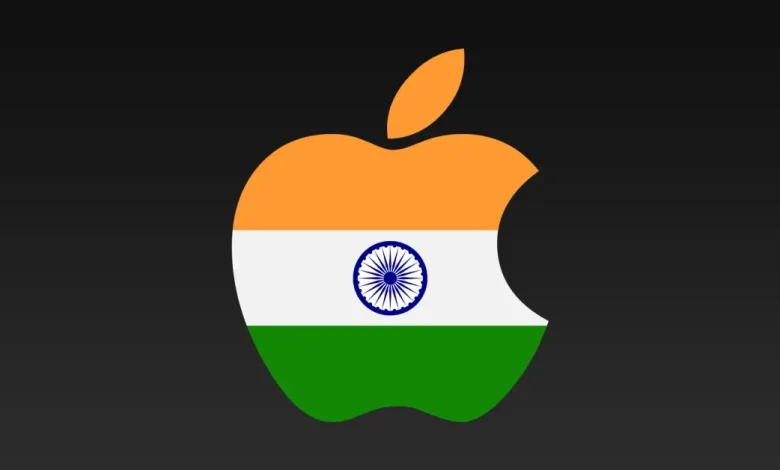Apple challenges potential $38B antitrust fine in India

Apple is seeking to invalidate a new Indian antitrust penalty formula that allows fines to be based on a company’s global turnover rather than its local revenue. Here are the details.
’Manifestly arbitrary, unconstitutional, grossly disproportionate, unjust’
As reported by Reuters, Apple has filed a constitutional challenge in the Delhi High Court targeting India’s 2024 antitrust penalty provisions, which could fine it up to $38 billion in an antitrust case involving the iOS app market:
“The company is asking judges to declare as illegal the 2024 law that allowed the CCI (Competition Commission of India) to use global turnover, not just that in India, when calculating penalties, according to its 545-page court filing, which is not public.
Apple’s ‘maximum penalty exposure’ at the rate of 10% of its average global turnover derived from all of its services globally for three fiscal years to 2024 could be around $38 billion, it said in the filing.”
The case stems from an ongoing CCI investigation initiated in 2022 after complaints from Match Group and local startups. Last year, the CCI issued a report arguing that Apple had abused its position in the iOS app market.
And while the CCI has not yet issued a final ruling or imposed any penalty, Apple is trying to pre-empt the application of the 2024-revised global turnover formula, which could carry a maximum penalty of $38 billion, per the company’s calculations.
While Apple sees that a “penalty based on global turnover…would be manifestly arbitrary, unconstitutional, grossly disproportionate, unjust,” Match, in turn, believes that this could “act as a significant deterrent against recidivism”.
Apple’s case will be heard next week, but the company may find it challenging to persuade the court, according to Gautam Shahi, a competition law partner consulted by Reuters:
“Amended law is clear that CCI can consider global turnover. (…) It will be difficult to convince the court to interfere with clearly laid down legislative policy.”
What’s your take on this case? Let us know in the comments.
Accessory deals on Amazon
FTC: We use income earning auto affiliate links. More.





